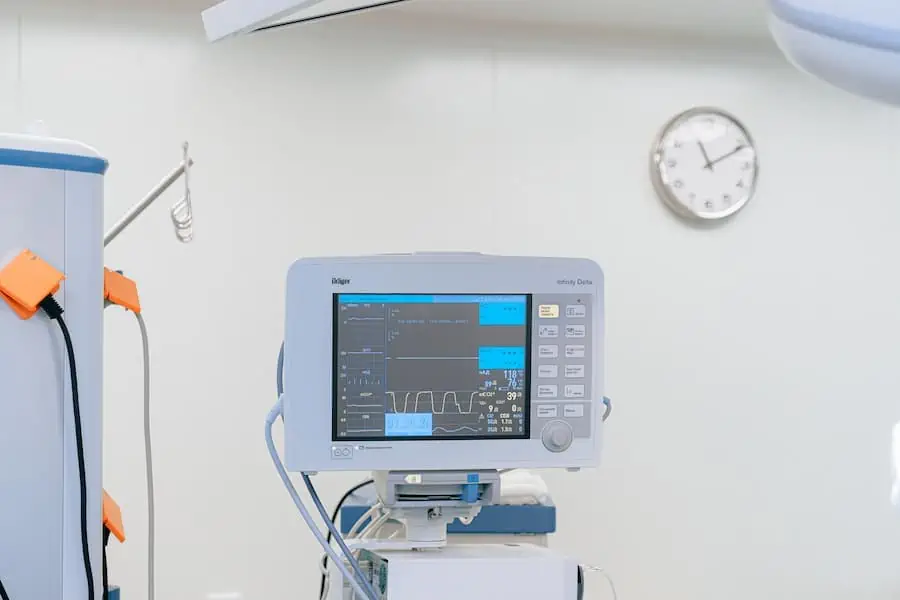Medical devices are tools that help save lives and aid in treatments for a wide range of conditions. The most common devices we think of when we hear the word are things like pacemakers, but medical devices can be something as simple even as the tools used in surgeries. Despite all of the good that they can do, some of these products have issues that can cause them to be recalled. Here are some of the most shocking recalls of medical devices.
1. Abbott Pacemakers
Unfortunately, pacemakers are among the most commonly recalled products, with three different brands being recalled for battery issues in the year 2021 alone. The pacemaker from the medical device company, Abbott, however, was recalled for a somewhat unexpected issue. In 2017, the company decided to recall nearly half a million of its pacemakers after realizing that they had the potential to be hacked by a third party.
Once hacked, these pacemakers could be remotely controlled, either to be slowed down or sped up. This could pose a potentially fatal threat to anyone with these devices. After recalling these products, the company promptly fixed the cyber-security issue by updating the accessibility of the devices.
2. Physio-Control Defibrillators
The year 2017 was pretty big for medical device recalls. This was also when the portable defibrillator company, Physio-Control, was forced to recall over 100 of their devices. This was because many of the devices would either shut down mid-treatment or fail to provide the charge necessary to revive patients suffering from cardiac arrest–which was quite literally their entire purpose. This issue had the potential to lead to severe brain injuries, permanent organ damage, or even death. In response to these technical issues, the company advised that the devices be tested daily for problems and sent back to the manufacturers to be fixed if they failed the tests.
3. Medtronic Minimed Insulin Pumps
As if 2020 weren’t wild enough with the global pandemic going on, one person died and more than 2,000 children and adults with Type 1 diabetes were injured by insulin pumps created by the medical device company, Medtronic. The pumps were designed to regulate the delivery of insulin to the body, however, the retainer ring that was meant to hold the insulin cartridges was either broken or missing on many of the devices sold, which affected its ability to properly regulate the delivery of insulin. This issue caused the devices to either deliver too much or too little insulin to patients, resulting in severe reactions, and greatly increasing their risk of death.
4. Allergan Natrelle BIOCELL Implants
Allergan breast implants were medical devices used in both breast augmentations and post-trauma or post-cancer breast reconstruction. In 2011, research suggested that the products had a potential link to lymphoma–a type of cancer–but they were not recalled until 2019. At the time of their recall, these products were found to be approximately six times more likely than other brands of textured implants to cause cancer.
Once discovering the potential risks they posed to patients, the company immediately recalled all of the unused products from the market, totaling over 200,000 units. Shockingly, despite all of this, the FDA told patients who were not experiencing symptoms that there was no need for them to get their implants removed, claiming that their risk for developing lymphoma was relatively low.
5. GE Healthcare Body Scanners
If you’re especially claustrophobic, then you might not want to read about this next recall. In February 2020, the FDA issued a Class 1 recall of the Nuclear Medicine 600 and 800 systems body scanners built by GE. This was prompted after it was discovered that the machine’s detector had the potential to fall and trap or crush patients inside the scanner. Following the recall, GE removed nearly 700 devices from the market that all had this issue.
6. Edwards Lifesciences Monitoring Devices
During and after surgeries, doctors need to be able to monitor the blood pressure and pulse of their patients. The American medical technology company, Edwards Lifesciences has many products on the market that do just that. However, in 2019, the company found that more than 10,000 of its devices had the potential to short circuit due to fluids leaking into the AC power outlet, causing them to stop working or even catch fire.
This issue posed a threat to both patients and doctors who used the device, causing burns, electrical shock, cardiac arrest, or even death. Following the recall, the company developed protective covers to lower the risk of malfunction and advised the users to keep fluids away from the devices.

